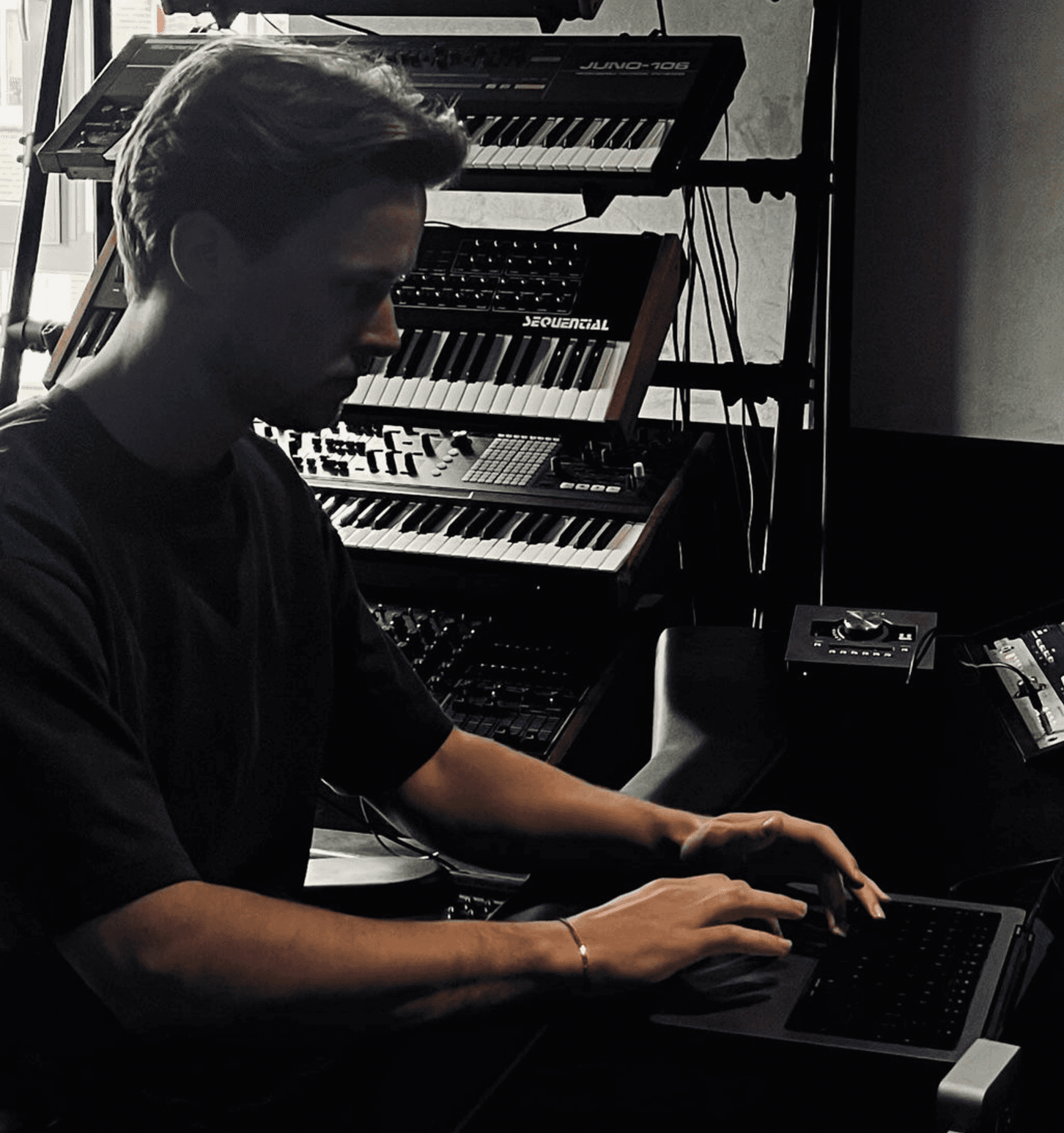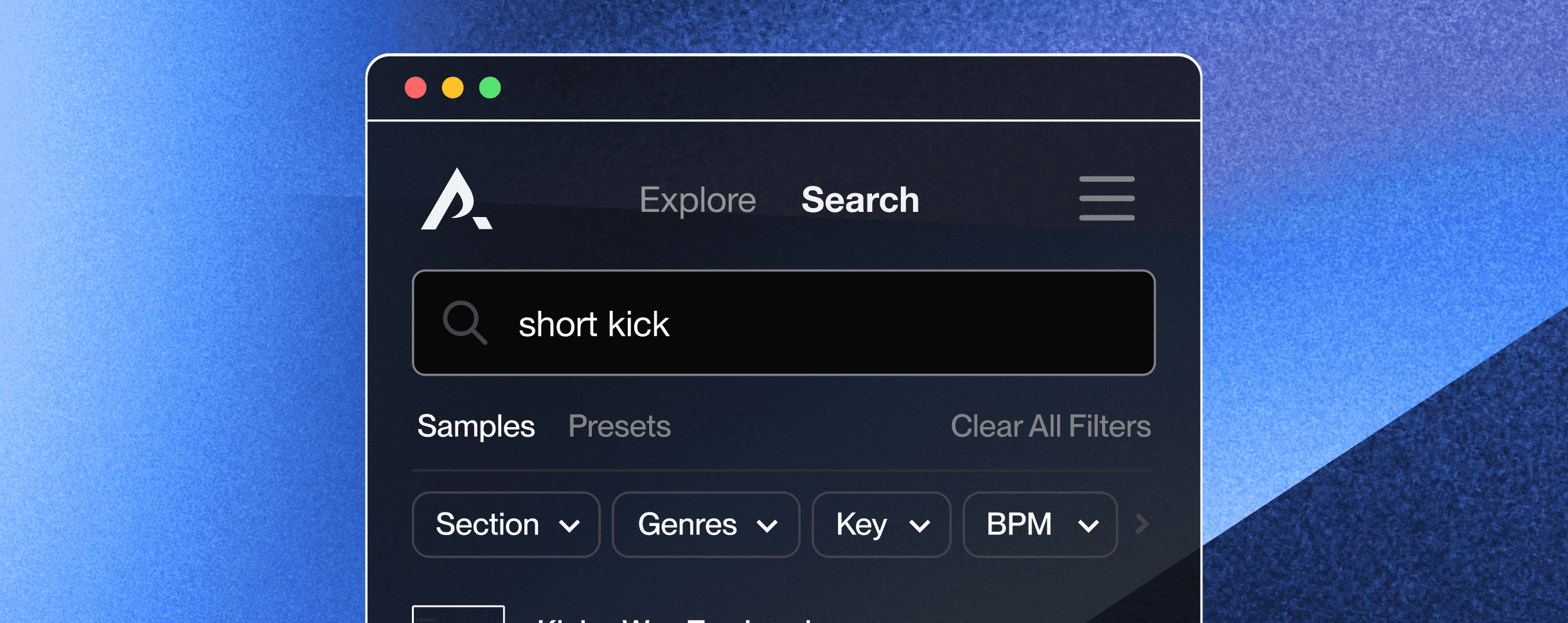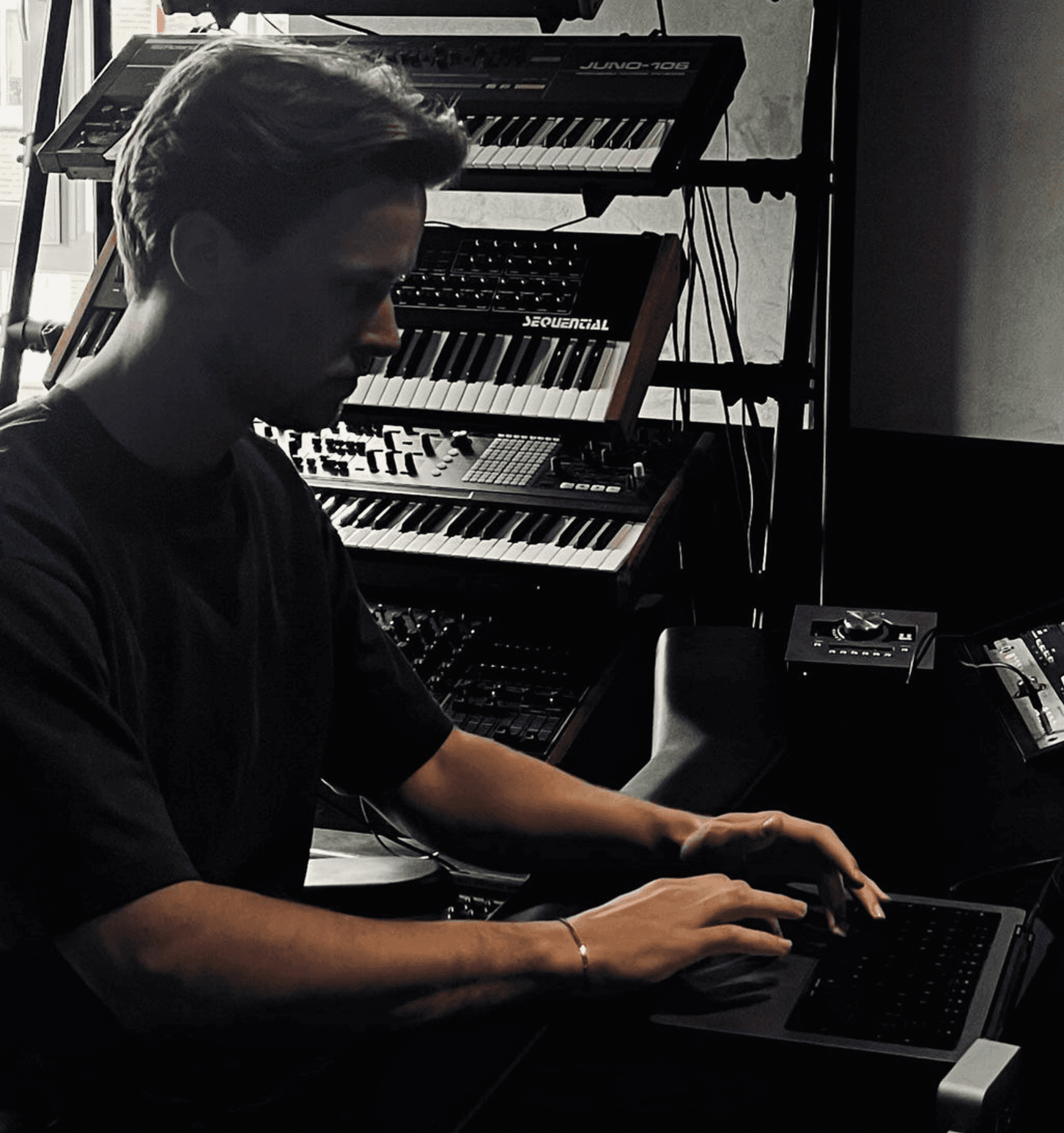
Hendrik Barendsen
Beat Making
5
min read
Mar 11, 2024
Using 808s in hip-hop productions can be a crucial element in creating powerful and punchy basslines that drive the track forward. Here's a guide on how to effectively use 808s in your hip-hop productions:
Selecting the Right 808 Sample
Start by choosing an 808 sample that fits the mood and style of your track. There are many variations of 808s, ranging from clean and punchy to distorted and gritty. Experiment with different samples until you find one that complements your song. In the Producer Assistant app there's a wide range of 808 samples you can choose from.
Tuning the 808
Tune your 808 sample to the key of your song. This ensures that the bass sits well with the other musical elements and doesn't clash harmonically. Most sampler plugins or DAWs have pitch adjustment tools to help you tune your samples accurately. Every 808 in the Producer Assistant app is tuned to C. This makes it easy to tune it to the key of your track.
Layering and Processing
Layering multiple 808 samples can add depth and richness to your bassline. Experiment with blending different samples together to create a unique sound. Be careful with phasing issue's and choose which 808 will cover the low in the beat.
Use EQ to sculpt the tone of the 808 and remove any unwanted frequencies. Boost the low end to enhance the bass presence, and cut frequencies that muddy up the mix.
Add saturation or distortion to give the 808 more grit and character. Be careful not to overdo it, as too much distortion can make the bassline sound muddy or overwhelming.
This is a great video from Busy Work Beats on how to layer your 808s.
Programming the Bassline
Program the bassline pattern using MIDI or a step sequencer. Hip-hop 808s often follow a simple, repetitive pattern that complements the rhythm of the drums.
Experiment with different note lengths, slides, and accents to create variation and add groove to the bassline.
Pay attention to the relationship between the kick drum and the 808. They should complement each other rhythmically and sonically without clashing.

Sidechain Compression
Use sidechain compression to duck the 808 whenever the kick drum hits. This technique helps to create space for the kick and prevents the low end from becoming too cluttered.
Route the kick drum to a compressor on the 808 track, and set the compressor to trigger whenever the kick hits. Adjust the threshold, ratio, and release settings to achieve the desired pumping effect.
Mixing and Leveling
Mix the 808 so that it sits well with the rest of the instruments in the mix. The bassline should be present and powerful without overpowering the other elements.
Use volume automation or compression to control the dynamics of the 808 and ensure a consistent level throughout the track.
Listen to your mix on different playback systems to ensure that the 808 translates well across various speakers and headphones.
Reid Stefan will give you some great tips & tricks on how to mix your 808s into your beat
Final Touches
Once you're happy with the sound and mix of the 808, consider adding additional processing such as stereo widening, modulation effects, or parallel compression to further enhance the bassline.
Remember to trust your ears and make adjustments as needed to achieve the desired sound for your hip-hop production.
By following these steps and experimenting with different techniques, you can effectively use 808s to create powerful and impactful basslines in your hip-hop productions. If you would like to know more about our 808 section in the app checkout producerassistant.io/how-it-works/808s for a detailed description.






